South Korea has made impressive economic progress over the past 50 years, from one of the world’s poorest countries to an industrial and technology powerhouse. Entrepreneurs and startups are bringing innovative technology solutions to the world.
The Korean government has been supporting new enterprises and business founders. Yet, there is a considerable gap in gender equality in the Korean startup ecosystem. Less than 10 % of women are startup founders in Korea compared to 24% in Silicon Valley. Only about 10 percent of managerial positions in South Korea are held by women, the lowest among the countries studied by the Organization for Economic Cooperation and Development.
Women entrepreneurs in South Korea face several more obstacles than their male counterparts when starting a venture. They have a more challenging time convincing the male-dominated venture capitalist ecosystem and financial institutions. The technology field is filled with male engineers and technicians, and women find it hard to get suitable jobs. Corporate giants like Samsung, Naver, Kakao may have led by hiring women in top positions; it is difficult for Korean women to climb the corporate ladder.
Despite many odds against them, some Korean women have successfully broken the glass ceiling. They are running successful startups, bringing in huge investments, gaining investor and consumer confidence, creating innovative technology, and ushering in a path for future women entrepreneurs. These women are extraordinary achievers and want to be known for their competency over their gender.
On International Women’s Day, Koreatechdesk.com presents some successful women in Korean startup founders and women in the corporate and tech world.
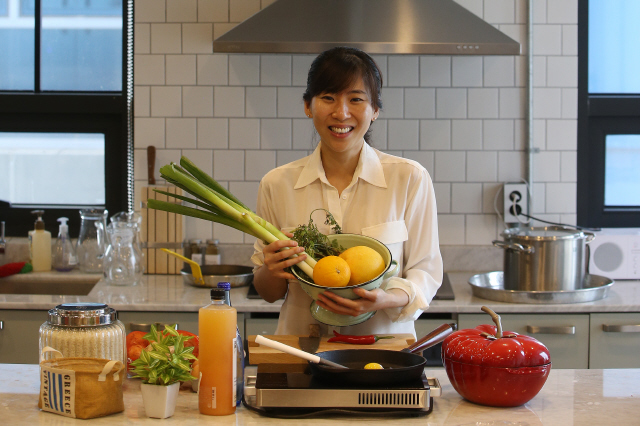
Kim’s name comes at the top of the list for her being the most successful case of a woman running a billion-dollar startup. A former Goldman Sachs banker, Kim turned her obsession with fresh food and groceries into a business. She launched Market Kurly in 2015, an app that delivers fresh vegetables, eggs, and perishable foods delivered by sunrise. Kim says her major driving force is customer satisfaction, and going by the company’s success, one can be sure that the customer is satisfied! Market Kurly has proved to be a profiting investment for its funders, becoming a unicorn startup in 2021. Last year, it received a pre-IPO investment of 250 billion won/ $210 million from Anchor Equity Partners, a Hong Kong-based private equity fund, is set to launch its IPO this year.

Making it in a FinTech industry is tough, but that’s what Hyujin Lee, CEO of 8percent, P2P lending, has done. A former banker, Lee launched her FinTech startup in 2014, inspired by the Lending Club in the US. 8Percent offered algorithm-backed portfolios in February 2016, and today, the number of automated portfolios accounts for about 70 percent. The platform caters to both retail investors and borrowers. Lee’s startup has raised $38 million from BRV Capital Management, an early investor in PayPal. Lee says that for a P2P investment to be perceived as an investment destination, the rate of return counts more than the volume of return. She has sure proved her venture has a high rate of returns.
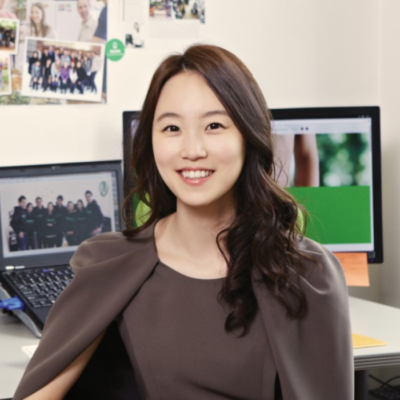
Noom is one of the most popular app for healthcare and fitness. After founding two e-commerce startups, Hyemin Lee brought the AI healthcare app to Korea. Noom is a top-grossing app in its category in Korea. Lee has also launched the fintech startup, Finda, a loan platform that allows users to know the maximum loan they are entitled to and the lowest interest possible within a few seconds. Finda’s web portal provides information on some 17,000 financial products by collaborating with about 50 institution. Lee also is an adviser and mentor with 500 Startups and Google, helping other entrepreneurs build businesses.
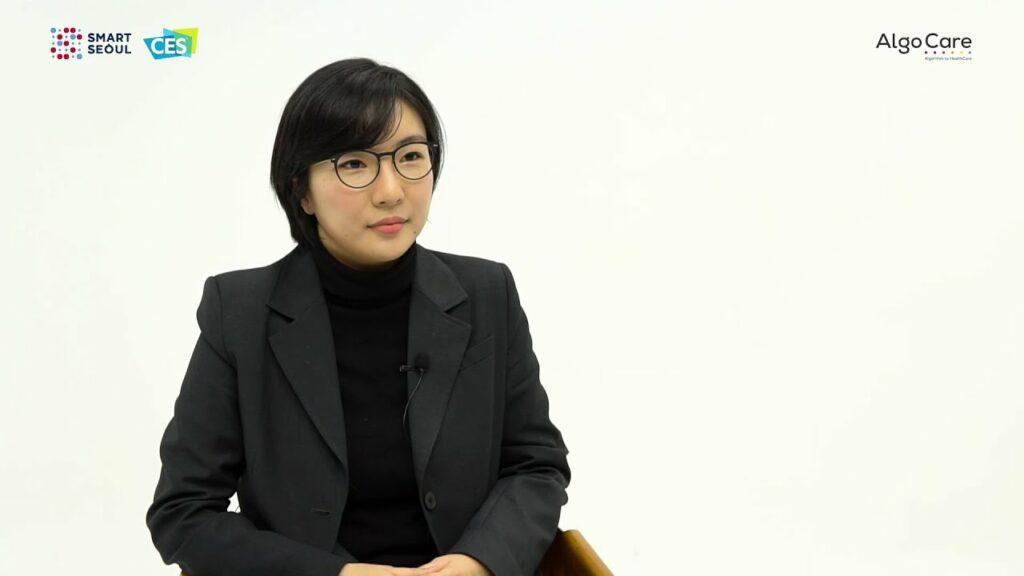
Women are nutrition caretakers in kitchens and can also create nutrition as a successful business. Jiwon Joung, CEO of Algocare, launched the world’s first NaaS (Nutrition as a Service) solution that provides personalized nutrients service through continuous health data analysis. The app users can consume nutritional supplements tailored to their continuously changing conditions. Jiwon, a former lawyer at Kim & Chang, gave up her career to pursue her entrepreneurial dream. She leads a team of hardware experts, engineers, and technology experts at Algocare. Her company got CES 2022 Innovation Award in the Health & Wellness category. “People who want to take control of their lives as professionals. They are our customers. Therefore, above all else, I always thought that it should be a service that knows the value of their time and energy and saves it,” Jiwon said in a media statement.

Sophie has co-founded the Seoul-based startup Adriel Inc., which offers Artificial Intelligence-based advertising and marketing solutions to small businesses and startups. Adriel has over 2,000 clients based out of 20 countries. The startup has been running over 4,000 advertisements on global online platforms. Adriel is not the first startup by Eom. In 2014, together with her husband and Co-CEO Olivier Duchenne, Eom founded Solidware, a startup that uses big data and machine learning to help financial companies give better credit scores. The startup was later acquired by DAYLI Financial Group Inc., one of Asia’s leading FinTech companies. Sophie, who has a Master’s Degree focused in Grande-Ecole, Finance major from HEC Paris, was listed on the Forbes Asia 30 Under 30 in 2017.

Making fashion accessible to all is what Ja-young Yoon, an alumnus of Yonsei University, aimed when she launched her fashion platform Styleshare. StyleShare is a real-time online and mobile platform where users post their daily fashion looks share the hottest trends in fashion and beauty products. They can also sell secondhand apparel. The company also launched its fashion label and acquired the online shopping platform 29CM. According to Yoon, the secret behind Styleshare is its value of sharing, autonomy, and empowerment. In May 2021, the fashion unicorn startup Musinsa acquired a 100% stake in StyleShare and 29CM. The acquisition scale is $265 million or 300 billion won. Yoon now wants to expand Styleshare globally, utilizing Musinsa’s brand value.
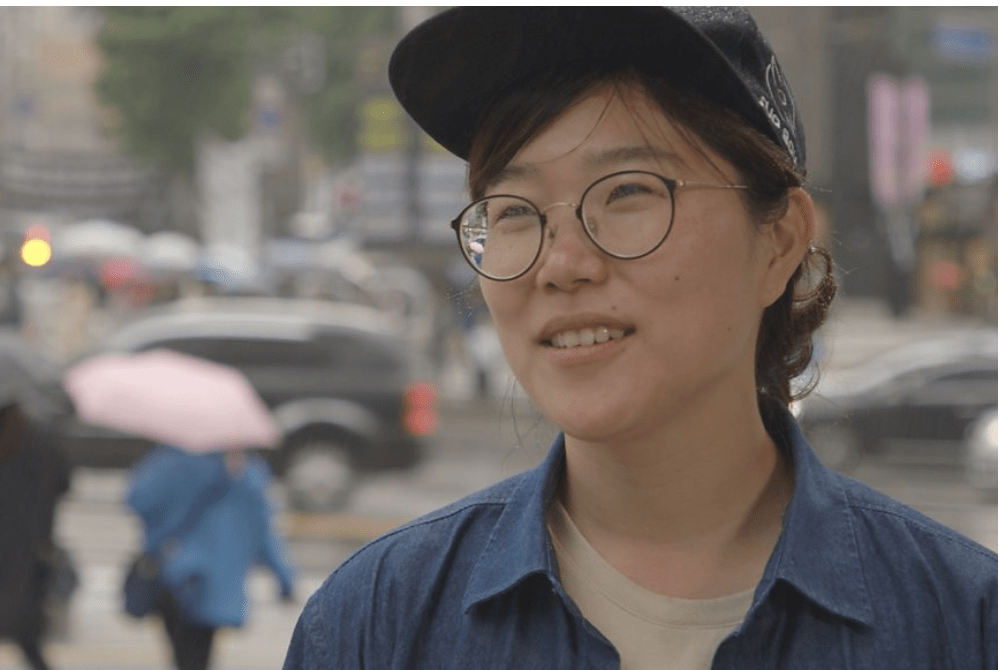
Hyerin Park’s cleantech startup Energy Nomad made headlines when they put hydro-powered cellphone-charging stations in downtown Seoul’s Cheonggye Stream. Park wanted to utilize hydropower efficiency and make portable chargers. Estream, a water bottle-sized USB charger powered by moving water, was launched. With Energy Nomad, Park wants to build a sustainable business while contributing to social, environmental, and economic values. Hyerin has managed a national tidal power 100kW commercial plant development project from 2010 to 2013 in Korea. She believes that though the percentage of women in tech startups might be small today, her business success would encourage the next generation of women.
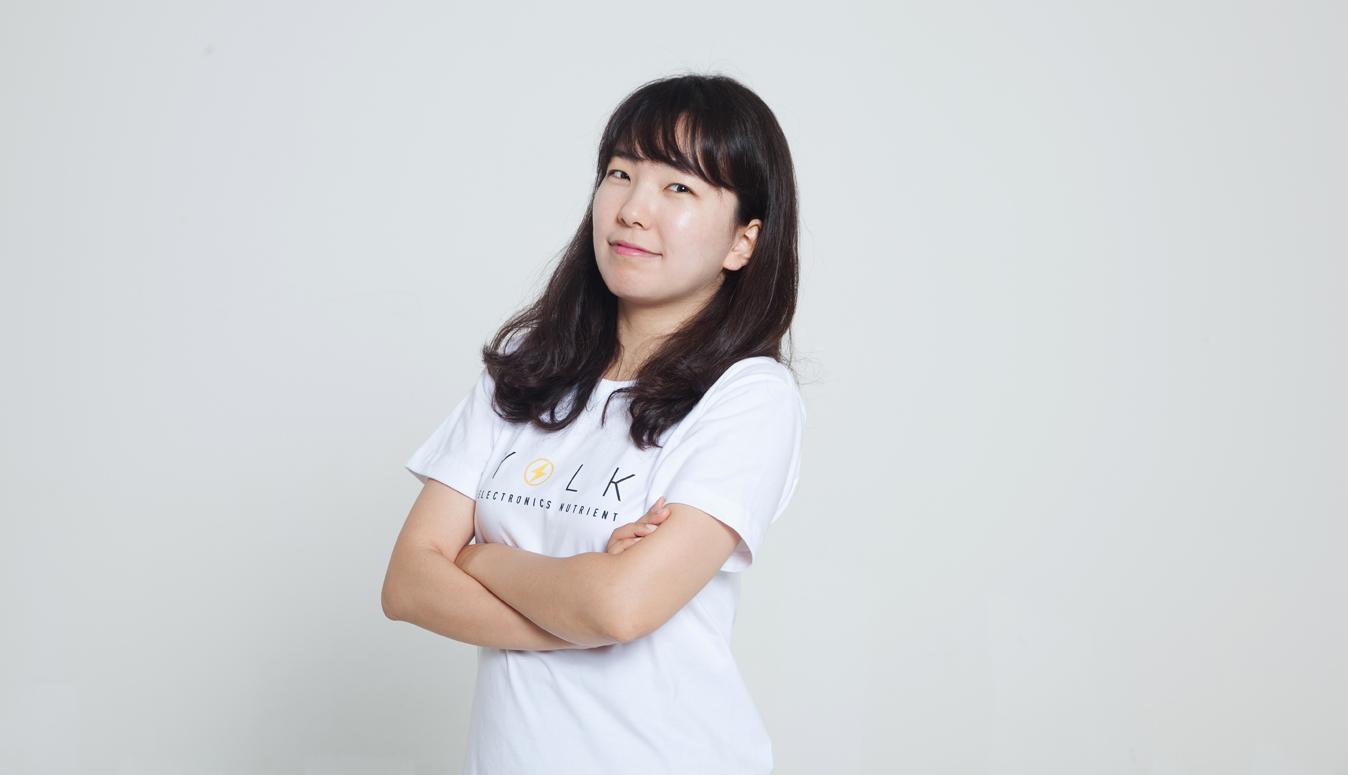
Sungun Chang is another woman entrepreneur in the green tech business. Chang’s startup Yolk designed Solar Paper, a chic, lightweight paper-thin solar charger that can fit in notebooks. The product raised over $1 million on Kickstarter. Solar Paper now sells in stores in Germany, Japan and Hong Kong. Chang’s company also runs ‘Solar Cow,’ a creative solution for energy supply and education issues in developing countries, collaborating with corporate giants. Chang established Yolk in 2012 with a mission to make unlimited, pollution-free solar energy available in daily life. “We aspire to develop innovative products that not only combine technology and creative design but also provide solutions to social and energy challenges,” she says.
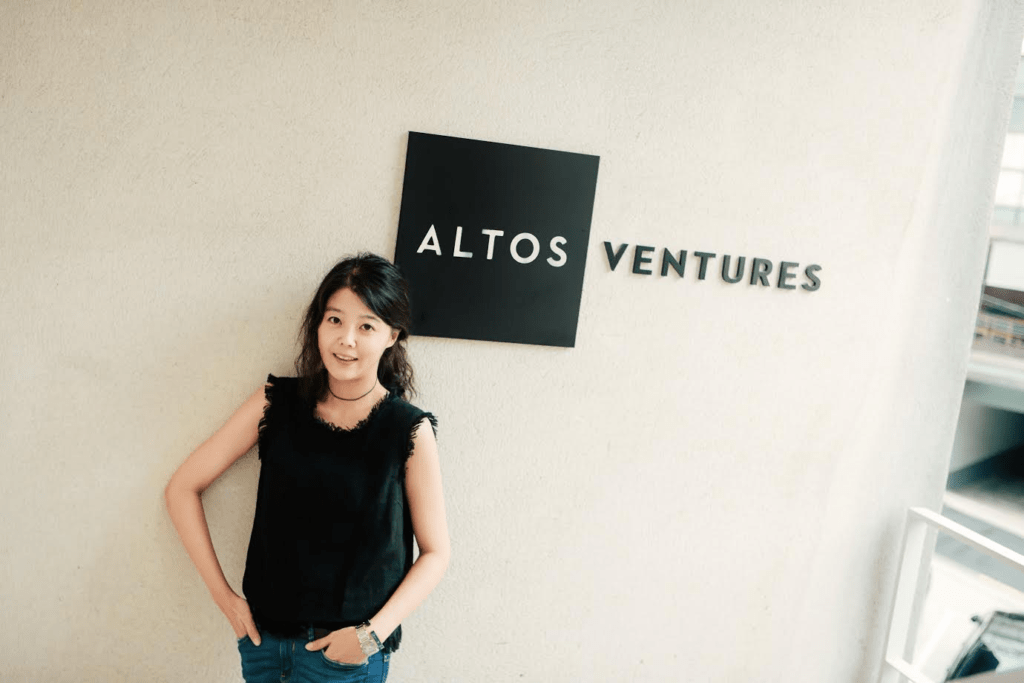
Hee-eun Park, the principal at Altos Ventures, is an expert in spotting promising startups and tech companies to invest in. Her knack to find mobile and consumer tech companies for the VC firm’s $170 million Korean fund earned her a place on Forbes’ 30 Under 30 Asia. Before joining Altos Ventures, she was a co-founder and CEO of IUM, an Altos-funded company in Korea. To her credit, she has taken the company from a business plan to the largest mobile dating service in Korea, serving over one million subscribers. Her advise for the startup ecosystem is to hire more women at the executive level, especially the consumer tech companies. “Women use social media and e-commerce more and so it would be wise to hire more of them,” she told in an interview.






